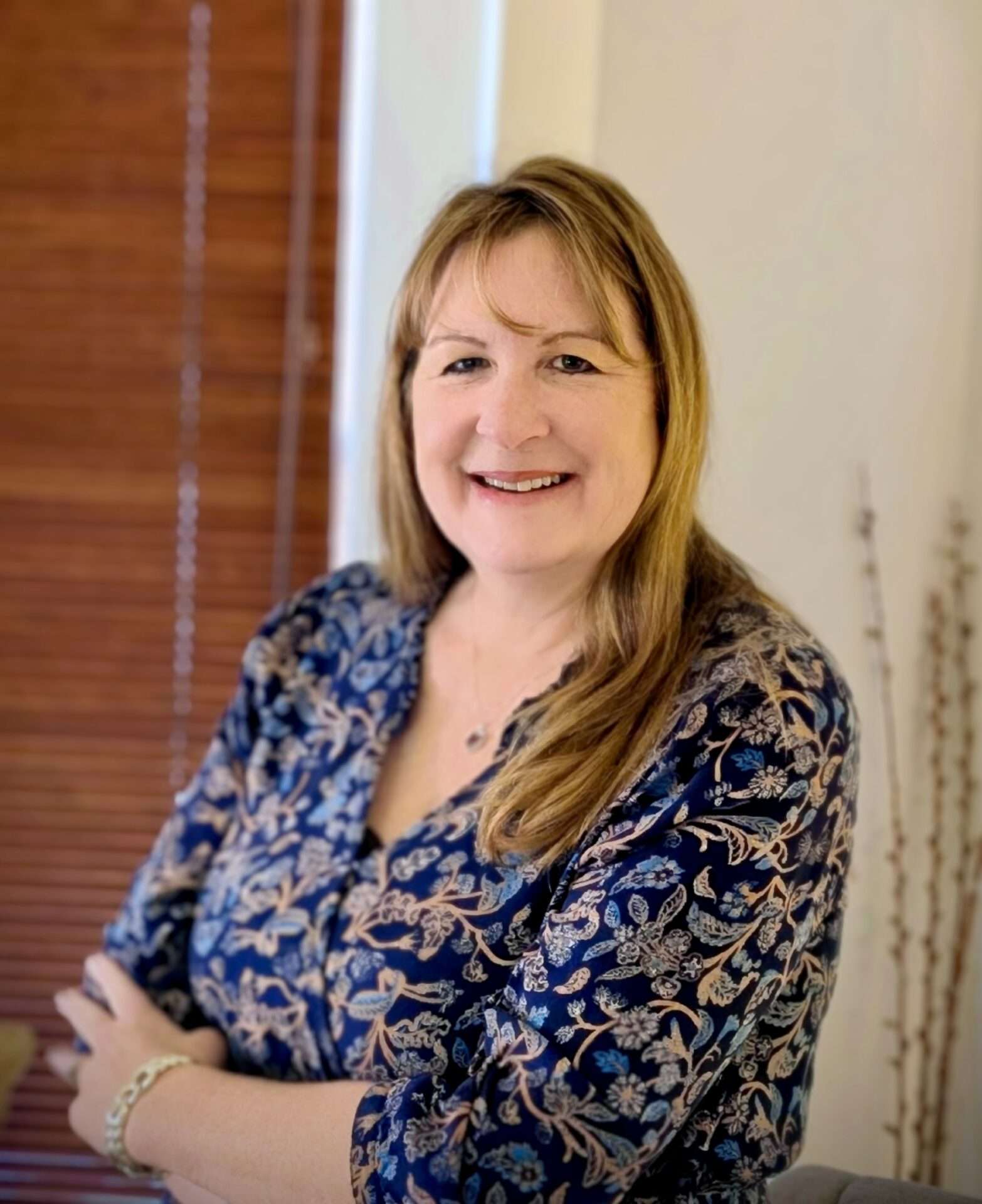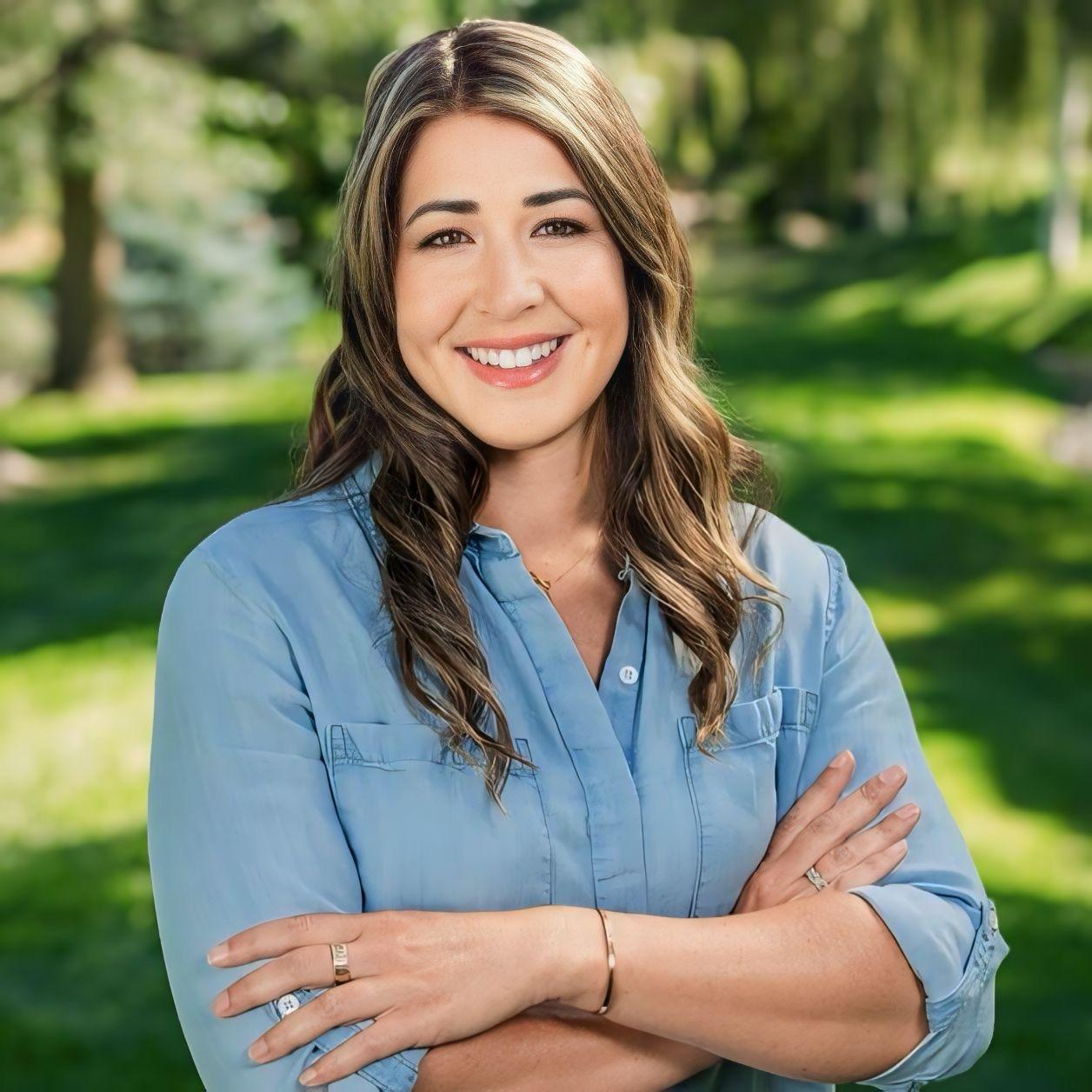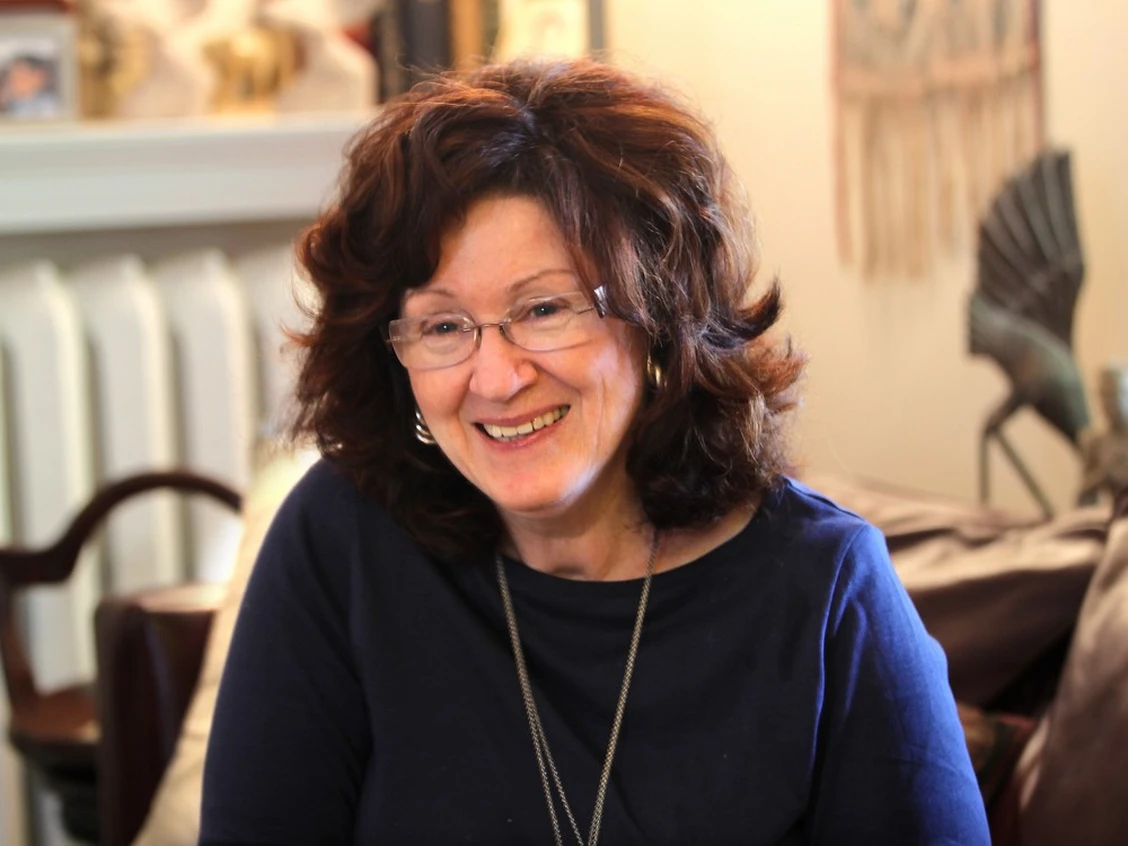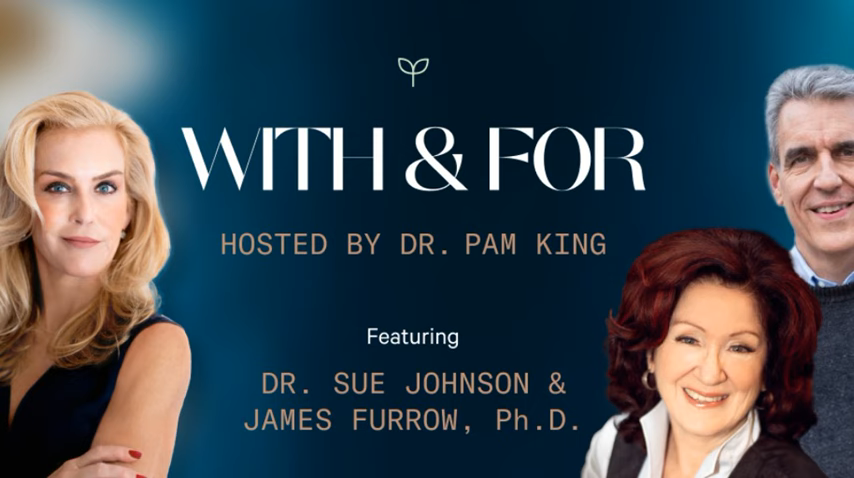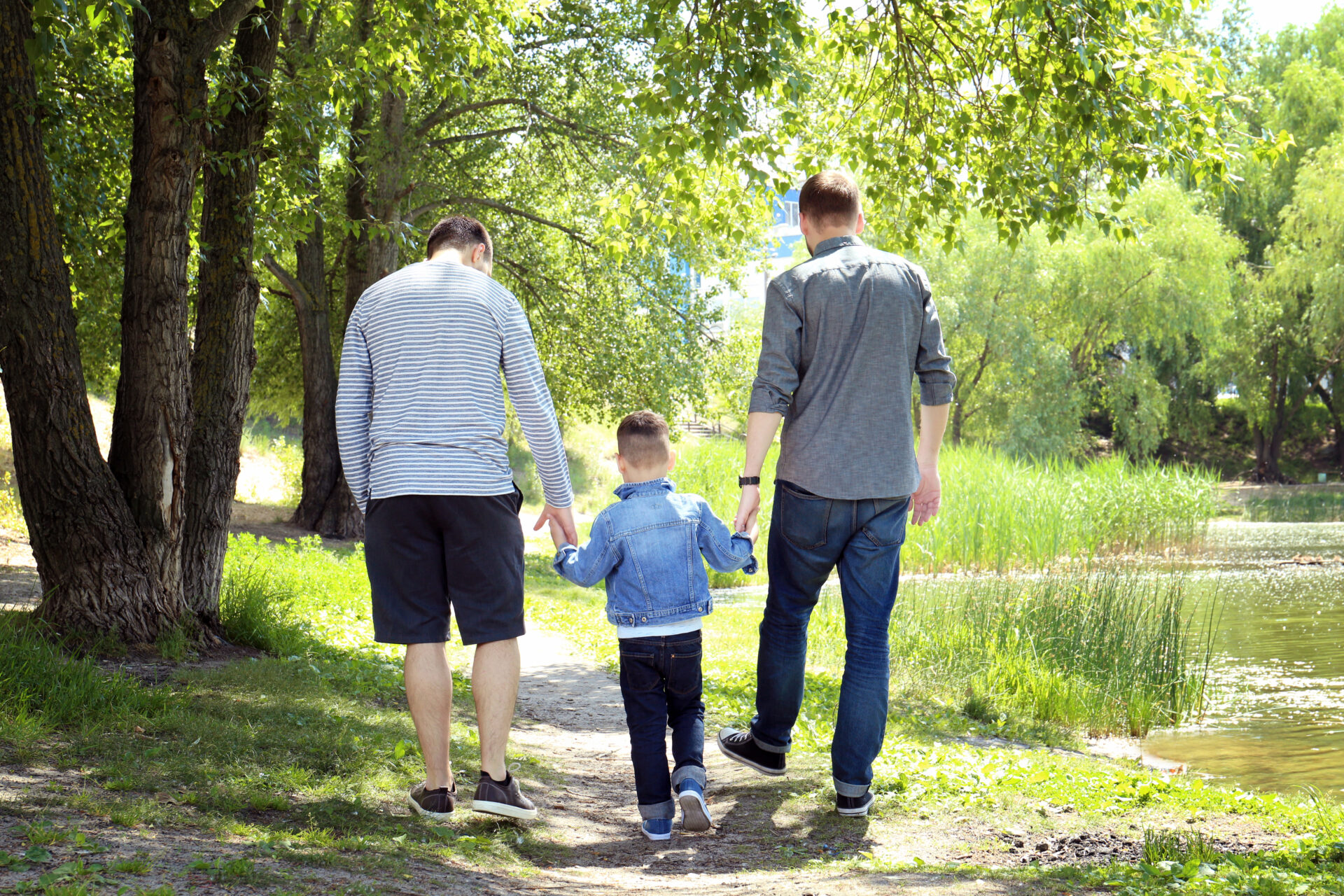Posts by Cornelius Sheehan
Starting Therapy With Us: What to Expect?
Getting Started with Therapy in Reno: What You Need to Know
Are you thinking about getting started with therapy in Reno but feeling unsure about what to expect? In this video, Cornelius Sheehan, Director of Individual & Relationship Counseling Associates, offers a straightforward introduction to the process. We want to help you feel more comfortable as you consider taking the first step toward therapy.
What’s Covered in the Video:
- How to Begin Therapy in Reno
- A simple guide to getting started, including how to schedule your first appointment and what happens after you reach out.
- Cornelius shares insights into how we match clients with therapists who fit their unique needs.
- Your First Session
- What you can expect during that first meeting, including how we focus on creating a supportive and nonjudgmental space.
- A brief look at how we work together to explore your goals and concerns.
- Who We Help
- Whether you’re struggling with anxiety, depression, or stress, or facing challenges in your relationship, therapy can help.
- Cornelius explains how our practice supports individuals and couples using approaches like Emotionally Focused Therapy (EFT).
- Why Therapy Matters
- A candid reflection on how taking that first step, even if it feels daunting, can lead to meaningful growth and healing.
- Therapy isn’t about having all the answers upfront—it’s about exploring what matters most to you, at your own pace.
Why Individual & Relationship Counseling Associates?
We know starting therapy can feel like a big step, and we aim to make the process as welcoming and approachable as possible. Cornelius and the team at Individual & Relationship Counseling Associates believe in meeting you where you are, offering evidence-based methods in a compassionate, judgment-free space.
How to Get Started
If you’re ready to take the first step, here’s how to begin:
- Visit our website to learn more about our services and therapists.
- Contact us by phone or through our online form to set up your first session.
- Let us support you on this journey toward healing and connection.
Watch the Video
In this video, Cornelius Sheehan answers the question, “How do I get started with therapy in Reno?” You’ll find clear, straightforward information to help you decide if our practice is the right fit for you.
If you’re exploring therapy and have questions about how it works, this video can help you get a better sense of the process. At Individual & Relationship Counseling Associates, we’re here to support you every step of the way—whether you’re seeking individual care, help for your relationship, or simply a place to talk.
If you’re ready to reach out, we’d love to hear from you. Give us a call at 775-235-2205 or send an appointment request. We’ll answer any questions you have and get you pointed in the right direction.
Meet Gina Bemis, LCSW, Therapist in Reno
Meet Gina Bemis, Therapist in Reno
Supporting Adults, Teens, Children, and Couples Through Life’s Challenges
Hello, I’m Gina Bemis, LCSW, a therapist in Reno. I am a Licensed Clinical Social Worker at Individual & Relationship Counseling Associates in Reno. I take a collaborative approach with my clients. This means I work hard to understand their personal experiences, and help them work through challenges to achieve the progress that matters most to them.
Personalized, Evidence-Based Care
I draw on research-backed methods to address your specific challenges, tailoring each session to focus on practical tools and deeper insights that lead to meaningful progress. My approach is grounded in fostering a strong therapeutic relationship, empowering clients to build the skills and understanding needed for lasting change.
Modalities: A Comprehensive Toolbox
I use a variety of therapeutic modalities to best meet my clients’ needs, including:
- Emotionally Focused Therapy (EFT): Supporting couples and individuals in deepening connection and repairing relationships.
- Acceptance and Commitment Therapy (ACT): Promoting mindfulness and values-driven action.
- Eye Movement Desensitization and Reprocessing (EMDR): Helping individuals heal from trauma and distressing experiences. I have completed EMDR training and am actively working toward certification.
- Expressive Arts and Play Therapy: Encouraging creative expression for children and adults.
- Cognitive Behavioral Therapy (CBT): Identifying and reshaping negative thought patterns.
I have specialized training in working with PTSD, trauma, grief and loss, anxiety, and psychosis. Whether you’re seeking support as an individual, a couple, or as part of a family, I provide care that prioritizes meaningful growth and healing. Learn more about our Therapists in Reno.
A Rich Background in Social Work and Community Care
I have lived and worked in the Reno area for over 20 years and have been a licensed practicing social worker since 2003. My early career included volunteering at a hospice agency, where I supported individuals grieving the loss of loved ones. While completing my master’s degree, I co-facilitated a bereavement group with a local therapist, further deepening my skills in grief support.
For a decade, I worked as a state-employed social worker with diverse populations, including older and physically disabled clients. One of my most rewarding roles was helping clients remain in their homes as they aged. During my undergraduate studies, I had the unique opportunity to live in Guam, where I gained a deep appreciation for the Chamorro culture while completing my degree and internship. These experiences have helped me know the importance of seeing diversity, always taking a compassionate approach, and having a commitment to understanding each client’s perspective.
Let’s Get Started
If you’re struggling or simply looking to improve aspects of your life, I’m here to help. Contact us today to schedule an appointment and take steps toward creating a more fulfilling and balanced life. I look forward to supporting you on this journey.
Fees and Insurance: My fee is $140 and our office will provide you the necessary information, including an insurance superbill to pursue reimbursement. I am an in-network provider for Hometown Health Plan.
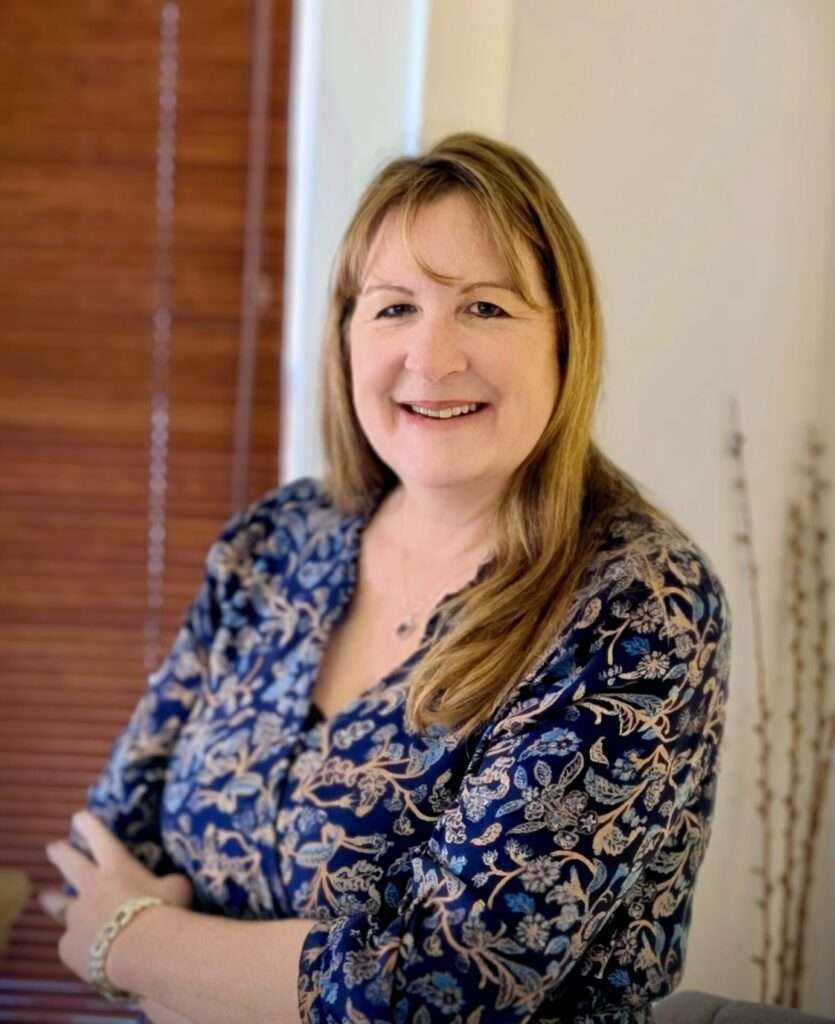
Meet Reno Therapist Kim Crandell, CPC-I
Meet Kim Crandell – Therapist in Reno
Kim Crandell is a Clinical Professional Counselor Intern dedicated to guiding individuals, couples, and families through life’s challenges and transitions. Some clients have a specific preference for a male therapist in Reno, Kim can help. His expertise includes helping clients manage anxiety, loneliness, emotional stress, relationship difficulties, disconnection, and the complexities of retirement. Through personalized, client-centered care, Kim fosters healing, personal growth, and emotional well-being.
Kim integrates Emotionally Focused Therapy (EFT)—a highly effective approach to relationship counseling—into his practice. For those seeking spiritual alignment, he also offers Christian faith-based support to complement clients’ personal beliefs and values.
Therapeutic Approach and Areas of Focus
Kim emphasizes the value of strong therapeutic alliances, which he believes are essential for achieving meaningful progress. By working collaboratively with clients, he helps them identify and break negative cycles, develop healthier behaviors, and foster lasting change.
He works with a diverse range of clients, including:
- Couples navigating relational challenges
- Adolescents and families addressing personal or family dynamics
- Executives and professionals managing stress in high-pressure careers
- Individuals facing personal transitions, grief, or emotional distress
Professional Experience and Collaboration
Kim brings more than 30 years of experience in healthcare leadership, including serving as a hospital CEO, which gives him unique insight into the demands of executive roles. His deep understanding of leadership challenges and high-stress environments equips him to provide effective emotional support to professionals managing chronic stress.
At Relationship Counseling Associates, Kim works closely with a multidisciplinary team to ensure comprehensive care, drawing on collaborative insights to meet clients’ unique needs.
Services Offered
Kim offers therapy to individuals aged 15 and older, with a standard session fee of $120. His services include:
- Individual therapy
- Couples counseling
- Family therapy
- Premarital counseling
- Parenting support and guidance
- Relationship coaching
- Professional development
Whether clients are working through marital conflict, career stress, family dynamics, grief, or personal growth, Kim creates a safe and empathetic space for transformation and healing.
Client-Centered Care Rooted in Attachment Science
Kim’s therapeutic approach is grounded in attachment science and guided by client-centered principles. His goal is to help clients develop self-awareness, self-acceptance, and emotional resilience, empowering them to build meaningful relationships through trust, empathy, and mutual respect.
Take the Next Step
Kim invites you to take the first step toward emotional well-being and relational health by following the link to schedule a free consultation. You can also call 775-235-2205 and learn more about working with Kim. He looks forward to partnering with you on your journey toward fulfillment, personal meaning, and deeper connections.
Will My Insurance Cover Therapy? A Helpful Form
Individual & Relationship Counseling Associates
Insurance Verification Form for Therapy Benefits
Why Verify Your Therapy Insurance Benefits?
A common question (view our FAQ’s here) we are asked at our therapy center in Reno is, “will my insurance cover therapy?” Understanding your insurance coverage for mental health services is an important step in making informed decisions about your care. This form will guide you through a conversation with your insurance company to help you understand your out-of-network benefits for therapy sessions.
Send us an email to receive a printable version of this form.
Before You Call:
- Gather your insurance card and any relevant policy information.
- Have a pen and paper ready to take notes.
- Be prepared to wait on hold or be transferred to different departments.
Call your insurance company at the Member/Customer Services line. They may ask for your patient ID number. Each insurance carrier organizes its phone menu options differently, but you should listen for the options of checking benefits and eligibility and checking mental or behavioral health benefits. If possible, choose to speak to a live representative. If this is not a menu option, you may be able to reach one by verbally asking for a representative or for customer service. You may be transferred before reaching the representative who can tell you your benefits. Note the date you call and the call reference number.
Client Name: _________________________
Date: _________________________
Insurance Company: _________________________
Member/Customer Service Phone Number: _________________________
Call Reference Number: _________________________
- Benefit Period: (The year your coverage is active) _________________________
- Out-of-Network, Outpatient Mental/Behavioral Health Benefits:
- Individual or Family Benefits (or both): _________________________
- Deductible:
- Individual: _________________________
- Family: _________________________
- Amount Met Towards Deductible:
- Individual: _________________________
- Family: _________________________
- Coinsurance Rate (Percentage patient pays): _________________________
- Out-of-Pocket Maximum:
- Individual: _________________________
- Family: _________________________
- Pre-Authorization Requirements: _________________________
- Claims Address: _________________________
Additional Notes: _________________________
Will My Insurance Cover Therapy? An Example:
Let’s say the representative gives you these benefits:
Benefit period: 9/1/15-8/30/16
Deductible: $1,000 Amount met towards deductible: $300
Coinsurance rate: Insurance responsibility: 60% Patient responsibility: 40%
Out-of-pocket maximum: $5,000
Explanation:
These benefits are applicable during your benefit period. This means that on 9/1/16, a new benefit year begins. The benefit year is important to know because it tells you when the accumulation towards the deductible starts over. Many insurance companies will tell you the effective dates of the policy before they tell you the benefit period. This can be confusing, because both of them are dates and may be given at the beginning of the call, but make sure you ask for the benefit period specifically. You can ignore the effective dates for this worksheet.
Deductible Amounts:
Often, a deductible must be met before reimbursement is possible. In this example, that means that the patient has to spend $1,000 out of pocket before reimbursement can begin. Insurance companies will reimburse a percentage of the usual and customary fee for a therapy session. They will not tell you the usual and customary rate, but it is determined by typical session costs in your region. Often, this rate is lower than the actual fee you paid for your session.
The percentage of the usual and customary fee that the insurance company covers is known as the coinsurance rate. Be sure to find out what percentage the insurance company will cover and what percentage you will cover after the deductible is met. In this case, the insurance company will cover 60% of the fee after the deductible is met. For this example, let’s say the usual and customary rate is $100. The insurance company will send back $60 for every session after the deductible is met. The patient will have had 60% of the usual and customary rate reimbursed.
Your Out-Of-Pocket Maximum
Your insurance company will put a limit on how much money you spend before they cover out-of-network mental health services at 100%. They will either limit the amount you pay out of pocket in general – the out-of-pocket maximum – or they will limit what you pay after the deductible as part of your coinsurance responsibility – the coinsurance maximum.
If you still need help with, “will my insurance cover therapy?” call us.
Individual & Relationship Counseling Associates
Relationship Counseling / Therapists in Reno, NV
Special thanks to my friend and colleague, Dr. Laurie Watson, creator of the Foreplay Radio Sex Therapy program.
Meet Reno Therapist Hillary Harris, CPC-I
Meet Hillary Harris, Therapist in Reno
Hi, I’m Hillary Harris, a Clinical Professional Counselor Intern and therapist in Reno. For those looking to integrate faith into their therapy, I’m comfortable incorporating Christian principles to support your values and beliefs.
How I Can Help
I work with individuals and couples who are feeling stuck in cycles of loneliness, disconnection, or unresolved emotional pain. My general goal is twofold. First, to create a safe space where you feel understood and supported. Second, to gain greater clarity, self-acceptance and movement toward the things that matter most to you.
My Approach
Specialty Areas:
- Emotionally Focused Therapy (EFT): A proven approach to strengthening relationships and resolving conflict.
- Attachment-Based EFT for Individuals (EFIT): Focused on helping you heal and grow as an individual.
- Brainspotting: A powerful, focused treatment method designed to help process trauma and access deep emotional healing.
A strong connection between therapist and client is essential for therapy to work. Learn more about the importance of the therapy working alliance here. Together, we’ll explore the patterns that are keeping you stuck and find ways to create lasting change.
Who I Work With
I’m especially passionate about working with:
- Couples wanting to rebuild connection and trust. Read more about couples therapy here.
- First responders and military personnel navigating high-stress environments.
- Individuals coping with relationship loss or the effects of trauma. Read more about individual therapy here.
I have extensive, past experience as a military spouse with children. This experience has given me insight into the unique challenges faced by people in high-stakes, high-stress roles, and I bring that understanding into my work. Emotionally Focused Therapy is a well-researched model for helping military couples and families. I’ll be happy to talk with you about your specific circumstances and how I can help.
What to Expect
At Individual and Relationship Counseling Associates, we focus on providing compassionate, focused, personalized care. I’m part of a dedicated, collaborative team and regularly consult with our Clinical Director, Cornelius Sheehan, LCSW, to ensure I’m offering the best possible support for my clients.
Session Details
- Fee: $120 per session with a sliding scale.
- Insurance Accepted: Hometown Health Plan
- Ages Served: 18 and older
Hillary’s Areas of Expertise
- Relationship Issues
- Trauma and PTSD
- Veterans
- Addiction
- Anxiety
- Codependency
- Depression
- Divorce
- Family Conflict
- First Responders
- Grief
- Life Transitions
- Marital and Premarital Counseling
- Spirituality
- Stress
More About Hillary
I’m a mom of three teens and a sweet therapy dog, Ginger. When I’m not in the therapy room I’m usually enjoying one of the beautiful outdoor opportunities that are a part of living in Northern Nevada.
Get Started in Therapy with Hillary Harris
I’m here to help you navigate the challenges you’re facing and support your journey toward emotional health and stronger relationships. Let’s work together to help you move forward. Call now, or use our contact form for a free consultation.
A Discussion of Family Therapy for Military Families
What to Expect from the Episode
Dr. Polinsky explains the profound impact of caregiver accessibility on children, shedding light on how feelings of emotional disconnection can influence behaviors, life choices, and even risks like substance use. She and Con delve into the complexities of military family life, discussing challenges such as navigating parental roles during deployment and coping with the stressors unique to military culture.
Key Insights from Con Sheehan
Con shares real-life examples from his EFFT practice, emphasizing the importance of creating a secure family environment where every member’s emotional needs are acknowledged and met. He highlights actionable strategies such as:
- The role of repair in strengthening family bonds.
- How availability and intentional parenting can counteract the effects of stress and disconnection.
- The benefits of even short-term therapy in helping military families thrive.
Therapy for military families in Reno, NV with Con Sheehan, LCSW. Con does attachment-based EFFT, Emotionally Focused Family Therapy in Reno. He was recently a guest on the Communicate and Connect Podcast.
Ep. 50 with Con Sheehan on Emotionally Focused Family Therapy
In The Communicate and Connect Podcast for Military Relationships, marriage counselor Dr. Elizabeth Polinsky explains relationship science and discusses educational tips for improving your relationship and navigating military family life.
From Dr. Polinsky: “In this podcast you’ll find insights into how children cope with feelings of caregiver inaccessibility and how this can influence their behavior and life choices, including the risks of substance use. We also discuss specific challenges faced by military families, such as managing parental roles during deployment and the unique stresses that can impact both children and parents.
To aid our understanding, Con shares examples from his practice, focusing on creating a family environment where each member’s needs are understood and met. We’ll emphasize the importance of repair, availability, and intentional parenting—even discussing how therapy, even short-term, can be instrumental for families.”
Click here to learn more about family therapy in Reno with Con and his colleagues at Individual & Relationship Counseling Associates.
Therapist Dr. Sue Johnson (1947-2024) revolutionized relationship counseling
Remembering Dr. Sue Johnson
If you’ve heard me describe the work I do or have been a student, you’ve heard me talk about therapist, Dr. Sue Johnson. I felt (continue to feel) an enormous loss with her passing, April 23rd. No individual was more important to the development of relationship therapy than her. Sue Johnson’s therapy innovations changed everything. Her work and writing were grounded in seeing people’s good intent and using emotional experience to bring it back online, no matter how deeply it was buried. Sue saw the good, AND at the same time did not tolerate bad-faith engagement. She was soft, slow and warm therapist, Dr. Sue Johnson in the video demonstrations of her work, but another Sue emerged when good-faith left the discussion. I loved these things about her!
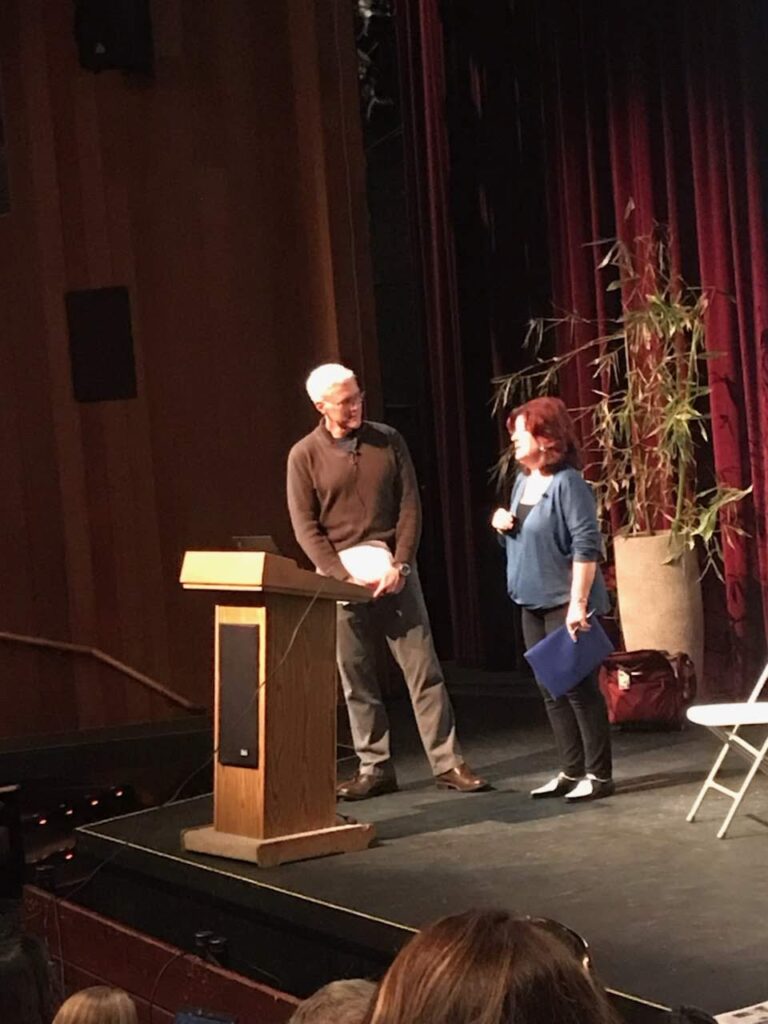
I found my professional home with her.
My work was becoming centered in attachment theory when I met Sue in the clinical research and then in a book called, “The Practice of Emotionally Focused Therapy; Creating Connection,” in 2000. A few years later I met her very briefly in person at the Evolution of Psychotherapy conference in Anaheim, CA. I remember my sense of her being on this little island where emotion was prized, in a huge sea of cognitive-behavioral waters. Sue made so much sense! I was working frequently with court-mandated clients and “changing thinking” was NOT an effective mechanism for change, but it was the prescribed one. Focusing on emotional experience through an attachment lens proved to be the key to true change. Fortunately, years later, I found a formal path to learning EFT. My clinical work went to a place it never would have without Dr. Sue Johnson. A week doesn’t go by without me feeling deep gratitude for Sue and Emotionally Focused Therapy. Thanks to Sue, I could profoundly impact my clients’ lives in ways I never imagined when starting my career.
In this same professional home I met colleagues from around the world, some of whom are now amongst the most dear and important people in my life. They are family. I’m glad Sue knew how grateful we were for the connections she fostered – connections evident at EFT summits, trainings, and online.
Sue Johnson embodied what she taught.
I wasn’t a close, personal friend of Sue. But I did spend some time with her and did correspond with her periodically- and this always felt close and personal. You could feel her attentiveness and focus in a way that I can only describe as “honoring”. Sue engaged in this way, and I think this way of attending was a big part of what she helped therapist students find in their work. I’ll treasure my correspondence with her. Also, the opportunity I had to do a live case consultation with her. And of course, my role in continuing to grow a community of EFT therapists in the Reno/Tahoe area. Our local community is recognized by the International Center for Excellence in Emotionally Focused Therapy, the learning institute Sue and colleagues founded. You can disover more about learning EFT in Reno, here.
My heart goes out to the Sue’s family, the people closest to her and other colleagues experiencing her loss. Sue’s work will not only live on, but will continue to be expanded upon and proliferate. Here is a link to an article in the Ottawa Citizen where you can learn more about Sue and her work.
Cover photo of Dr. Sue Johnson (PHOTO BY BRUNO SCHLUMBERGER /Postmedia)
Relationship Counseling in Reno: Repair, Connect, Strengthen
About Relationship Counseling in Reno: Support for Healthy Relationships
Our therapists in Reno offer skilled relationship counseling to help individuals and couples strengthen emotional connections using attachment-based therapy.
What is Relationship Counseling?
Relationship counseling is a focused process where clients work with a therapist to address relationship challenges without judgment. It allows couples to explore emotional undercurrents affecting their relationship. In a safe space, couples learn to express feelings, listen, and validate each other’s experiences. Counseling isn’t about assigning blame but uncovering behaviors shaped by early experiences. These insights help couples understand each other better and foster empathy. It provides a path for deeper, supportive, and authentic interactions. Couples commit to self-discovery and growth, creating a stronger and more fulfilling partnership.
Benefits of Relationship Counseling
Improved Communication
Relationship counseling improves communication skills. Counselors help partners express needs, fears, and desires, fostering better understanding and connection. This deeper communication helps couples not just talk but truly listen to the emotions behind words. Improved communication builds trust and closeness, strengthening the bond between partners.
Conflict Resolution Skills
Effective conflict resolution is a key benefit. Couples learn to approach disagreements collaboratively, not adversarially. Counselors teach strategies to reduce tensions, promote dialogue, and address root issues. These skills make conflicts less frequent and easier to navigate, fostering understanding and harmony.
How Relationship Counseling Works
Understanding the Issues
The process begins by exploring the couple’s history, individual backgrounds, and specific challenges. Therapists use attachment-based principles to guide understanding. Couples identify patterns rooted in attachment styles and learn how they affect relationships. This exploration sets the stage for meaningful change by clarifying dynamics that need attention.
Developing Action Plans
Couples then develop actionable strategies tailored to their needs. These focus on fostering secure, supportive connections and improving emotional availability. Therapists provide guidance and feedback, ensuring strategies evolve as couples grow. These action plans help establish lasting, healthy relationship changes.
Finding the Right Counselor
Choosing the right counselor is crucial. We will help. Our Reno therapists specialize in attachment-science-based therapy to build secure emotional bonds. Consider a therapist’s background, experience, and approach. An initial consultation helps ensure compatibility and aligns therapy with your goals. Contact us at 775-235-2205 for a free consultation. Our supportive environment promotes open communication and progress toward a stronger partnership. Visit Individual & Relationship Counseling Associates to learn more.
“The Science of Relationships: Healing, Emotion, & Connection with Drs. Sue Johnson & Jim Furrow”
“With & For“, a podcast hosted by Dr. Pam King.
This is a wonderfully warm and informative program where Sue and Jim discuss the core importance of relationship, and how to improve relationships. The following topics are covered:
• Living in a way this is, “fully alive.”
• How to bring together the spectrum of emotional realities with our lived experience
• Today’s loneliness epidemic; what to do about it
• The importance of empathy and caring in the healing process
• What is attachment science? And, the role of attachment figures in thriving relationships
• Improving relationships: therapeutic and relational practices that lead to security, a sense of worth, and competence in life.
How to improve relationships. From the show host: “Our society doesn’t want to hear about how interdependent we are—doesn’t want to hear that if we want to thrive, we have to put people first and we have to create community. And people need connection with others like they need oxygen. If you create a world where that connection isn’t very available or it all happens on a screen, you are going to have huge problems. You are going to have huge problems with depression, anxiety, suicide, emptiness—people are going to make terrible choices.” (Sue Johnson) We need each other. We are relational beings, and our thriving—or languishing—often hinges on relationships. In this episode, psychologists Sue Johnson and Jim Furrow not only explain why relationships are so important, they offer practical advice on how to pursue healing, emotional regulation, and lasting thriving in all kinds of relationships. Sue Johnson is the creator of Emotionally Focused Therapy, the gold standard in tested, proven interventions of couples and author of many books including Hold Me Tight: Seven Conversations for a Lifetime of Love. Jim Furrow is a marriage and family therapist and an internationally renowned trainer of Emotionally Focused Therapy. This conversation goes from profound to practical, covering the biological and psychological science to explain why belonging gives way to becoming. We discuss the rampant emptiness and loneliness, fear, and depression people today experience and the connection between relationships and a sense of meaning in life. Sue and Jim also provide a framework for how to understand your attachment style and the way it impacts your relational health. And they discuss the practical ways we can grow and change so that we can engage in and sustain fulfilling and life giving relationships.”
Our EFT relationship therapists in Reno will help you learn more about how to improve your relationships. Contact us for a free consultation.
“Side by Side: Navigating OCD Treatment with EFT Couple Counseling”
Last week I did a presentation on what I was very surprised to find is an under-recognized area of OCD treatment: the impact of attachment theory on relationships affected by OCD. Thrive Wellness co-sponsored an OCD Symposium in Reno that provided the opportunity to discuss OCD from a relational perspective. This article shares (in broad strokes) some key points from the presentation. In the “conclusions” section I focus on specific ways Emotionally Focused Therapy (EFT) can support couples facing the challenges posed by OCD in a connected, teamed-up way.
Understanding OCD within the Relationship Context
OCD’s influence on relationships extends beyond the individual symptoms of compulsions and obsessions. It can disrupt the normal flow of emotional connectivity and communication, leading to misunderstandings and emotional distance.
Assessment and Education
The therapeutic process begins with assessing the specific ways OCD affects the relationship and educating both partners about the disorder. This foundational step helps demystify OCD and sets the stage for collaborative problem-solving.
Identifying Patterns
Identifying negative interaction patterns is crucial to improving your relationship. For instance, compulsive behaviors might lead to frustration in one partner, resulting in a cycle of withdrawal and disconnection. Recognizing these dynamics allows couples to start addressing them.
Facilitating Emotional Engagement
Creating a Safe Space: A core aspect of EFT is creating a safe environment for both partners. This involves encouraging openness and vulnerability, especially for the partner with OCD, to share their fears and needs without fear of judgment.
Expressing Emotions: The therapist guides both partners in expressing their feelings related to the OCD symptoms, uncovering often-hidden emotions like isolation or resentment. This step is vital for understanding each other’s experiences.
Reframing the Problem: Viewing OCD as a shared challenge rather than a source of division is a powerful reframing technique. It encourages a united approach to managing the disorder’s impact on the relationship.
Enhancing Connection and Understanding
Through guided conversations, the therapy helps deepen the emotional connection. The partner with OCD explores and expresses their deeper fears, while the other partner learns to articulate their emotional experiences, leading to a strengthened bond.
Promoting Acceptance and Building New Patterns
Accepting the presence of OCD in relationship while working on effective management strategies is a delicate but necessary balance. The therapist works with the couple to develop new responses to OCD symptoms that foster connection rather than disconnection.
Consolidating Gains
Therapeutic progress is solidified by experiencing and discussing new ways of interacting outside of therapy sessions. This step is crucial for ensuring that the relationship continues to grow stronger, even in the face of OCD.
Collaborative Approach with Individual Therapy
A collaborative approach, involving coordination with the partner’s individual OCD treatment, ensures that therapy addresses both the couple’s relationship dynamics and the individual’s OCD management.
Conclusion
The OCD Symposium in Reno served as a valuable forum for discussing the integration of attachment theory into the treatment of OCD-affected relationships. Emotionally Focused Therapy offers a framework for couples to navigate OCD’s challenges, emphasizing the importance of a secure emotional bond and effective communication.
Here’s how EFT could be effective for couples where one or both partners have OCD:
- Improving Communication: EFT helps couples communicate more effectively, especially about sensitive issues like the impact of OCD on their relationship. It encourages partners to express their feelings and needs more openly and empathetically.
- Enhancing Emotional Support: By focusing on emotional attachment, EFT helps partners become more responsive to each other’s needs. For someone with OCD, having a supportive partner who understands their struggles can be crucial for managing symptoms.
- Reducing Relationship Stress: OCD can add significant stress to a relationship, which can exacerbate OCD symptoms. EFT aims to reduce relationship tensions by improving emotional connection, which can, in turn, create a more supportive environment for managing OCD.
- Building a Secure Attachment: A secure attachment can provide a solid foundation for individuals with OCD to face their fears and engage in exposure and response prevention (ERP) therapies more effectively. Knowing they have a supportive and understanding partner can make facing OCD challenges less daunting.
- Improving Coping Strategies: Couples can learn to identify and modify maladaptive coping strategies that may be reinforcing OCD symptoms. EFT encourages healthier ways of coping with emotional distress, which can indirectly help in managing OCD.
- Enhancing Treatment Compliance: Individuals with OCD who feel supported in their relationships may be more likely to adhere to individual OCD treatment plans, including medication and cognitive-behavioral therapy (CBT).
Closing thoughts about OCD and Relationship
It’s important to note that while EFT can improve the relationship dynamics that affect and are affected by OCD, it does not directly treat OCD symptoms. For direct treatment of OCD, evidence-based approaches such as CBT and ERP are recommended. Couples therapy, including EFT, can be a complementary approach to these treatments, especially for addressing the relational aspects of living with OCD.
The journey towards understanding and managing the relational impact of OCD is ongoing. As we continue to explore this intersection, the insights gained can guide more nuanced and effective approaches to support couples in strengthening their relationships in the face of OCD.
Feedback and dialogue on this topic of OCD in relationship are welcome. Please share your thoughts or experiences regarding the role of attachment theory in OCD treatment. For further discussion or inquiries, feel free to contact me at: con@erha-reno.com.


